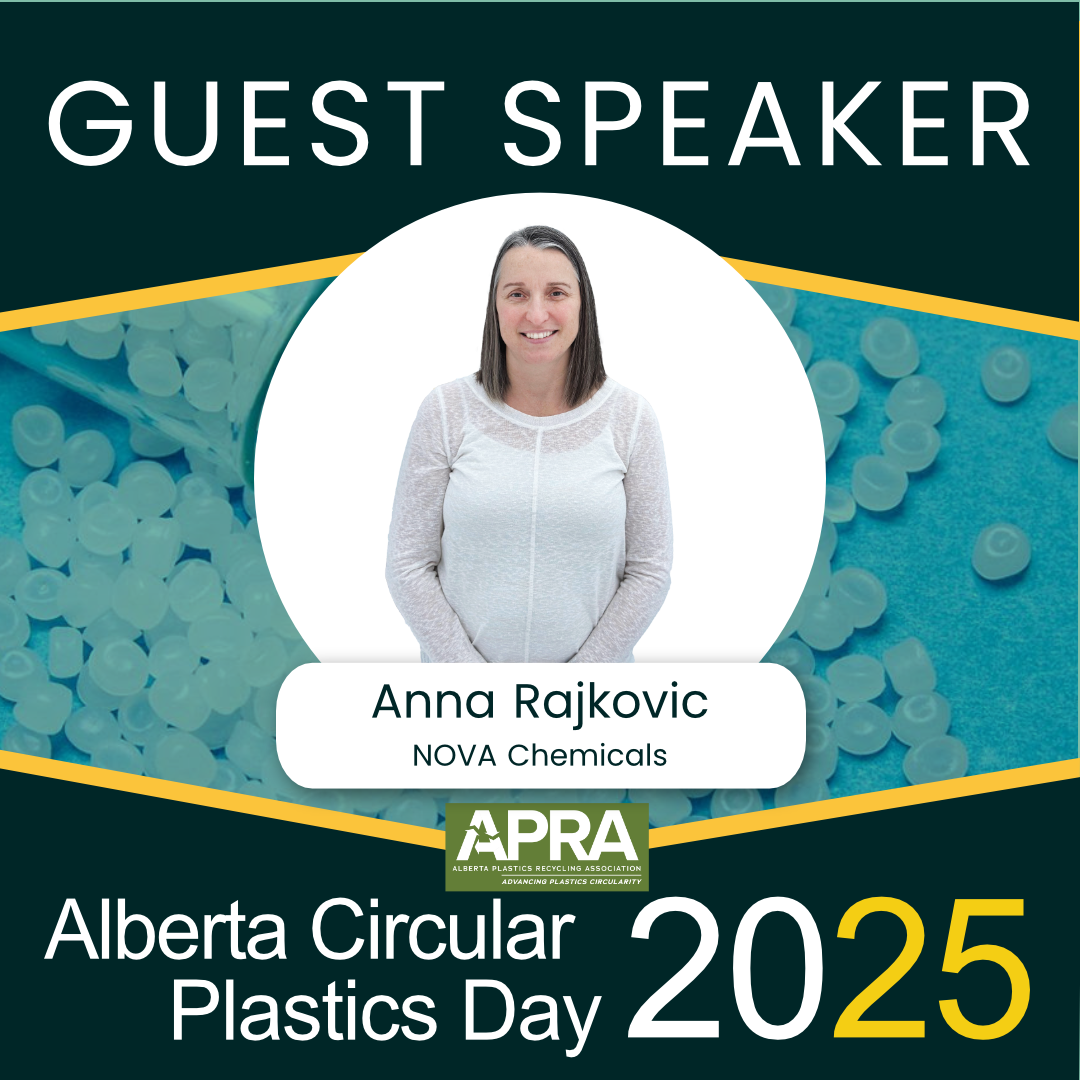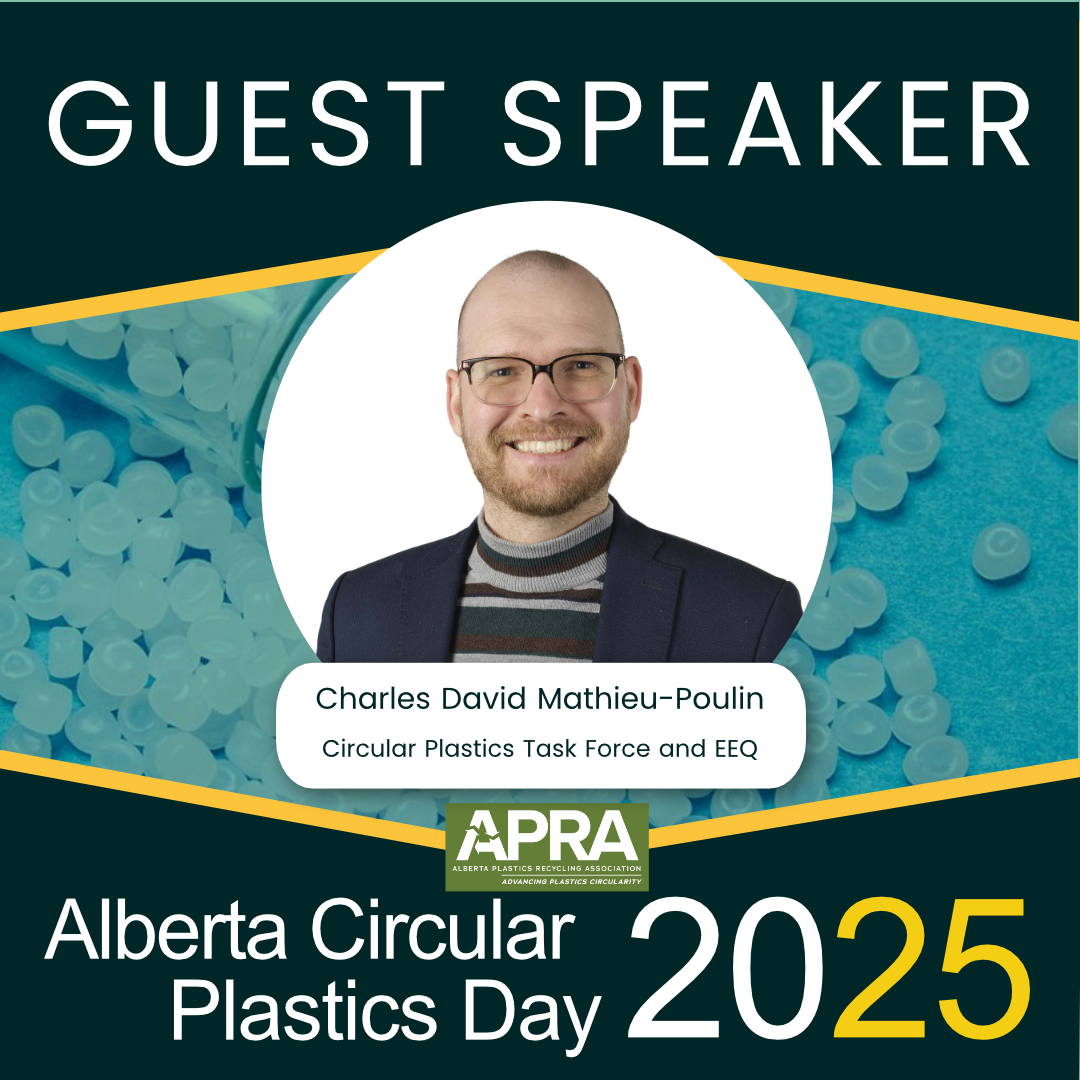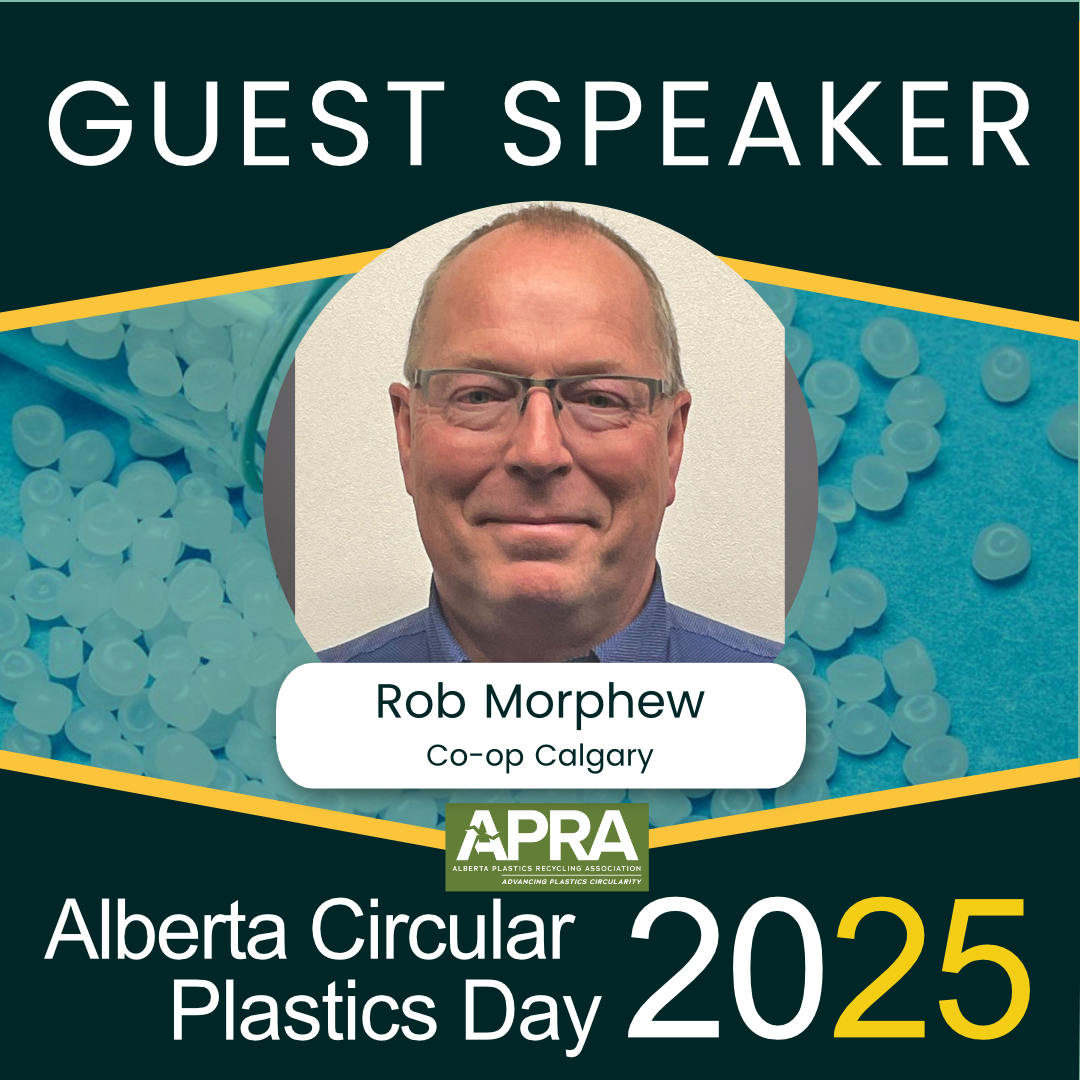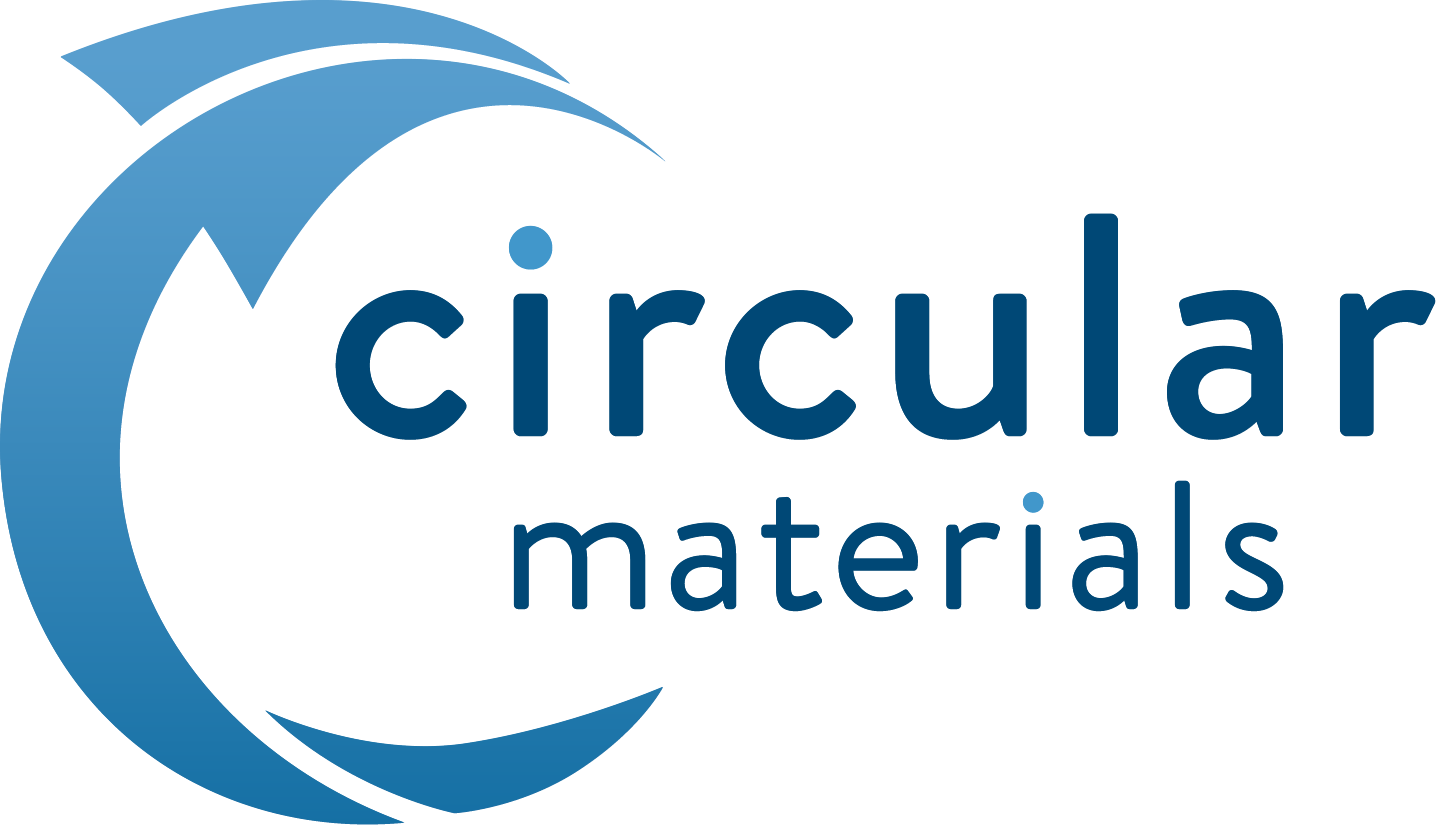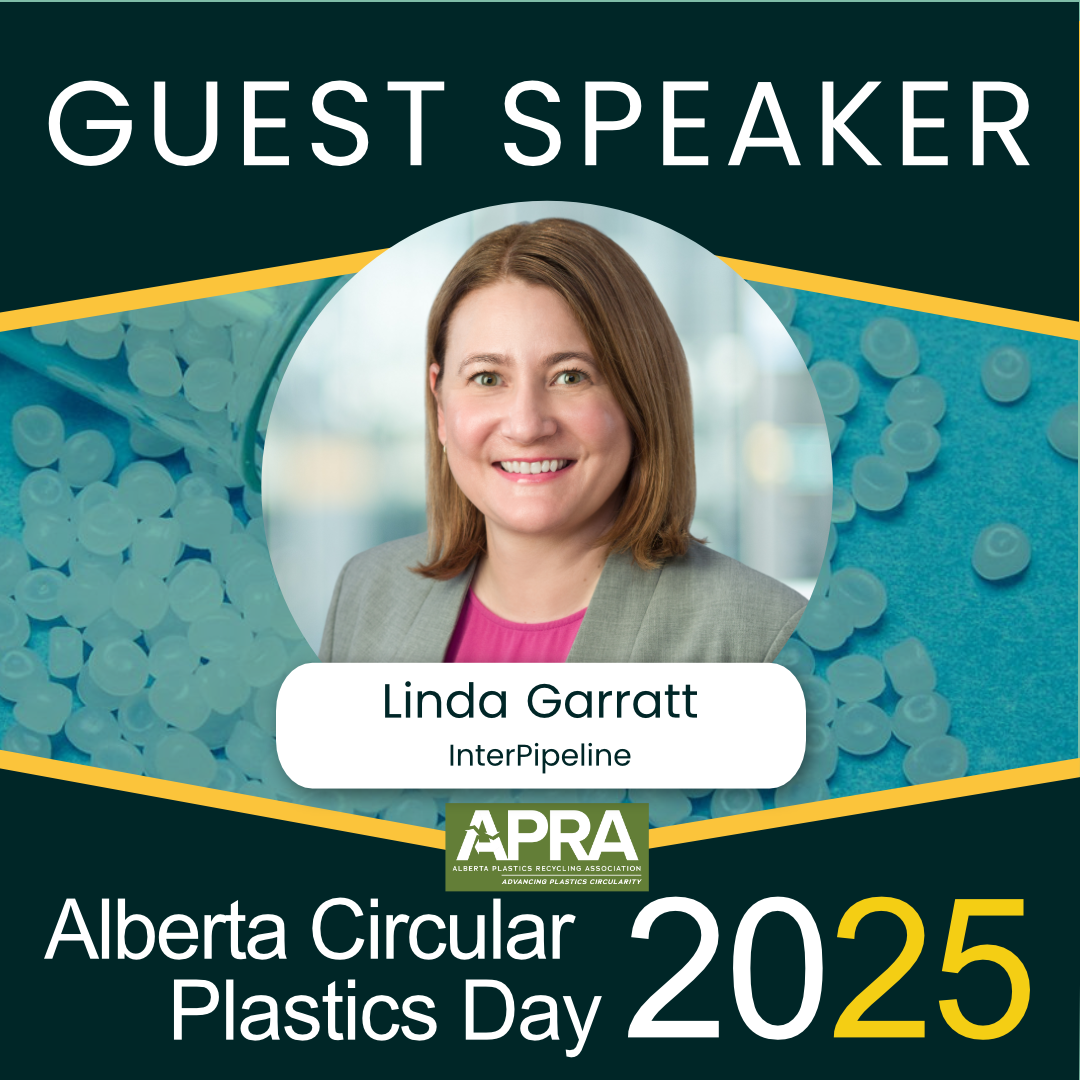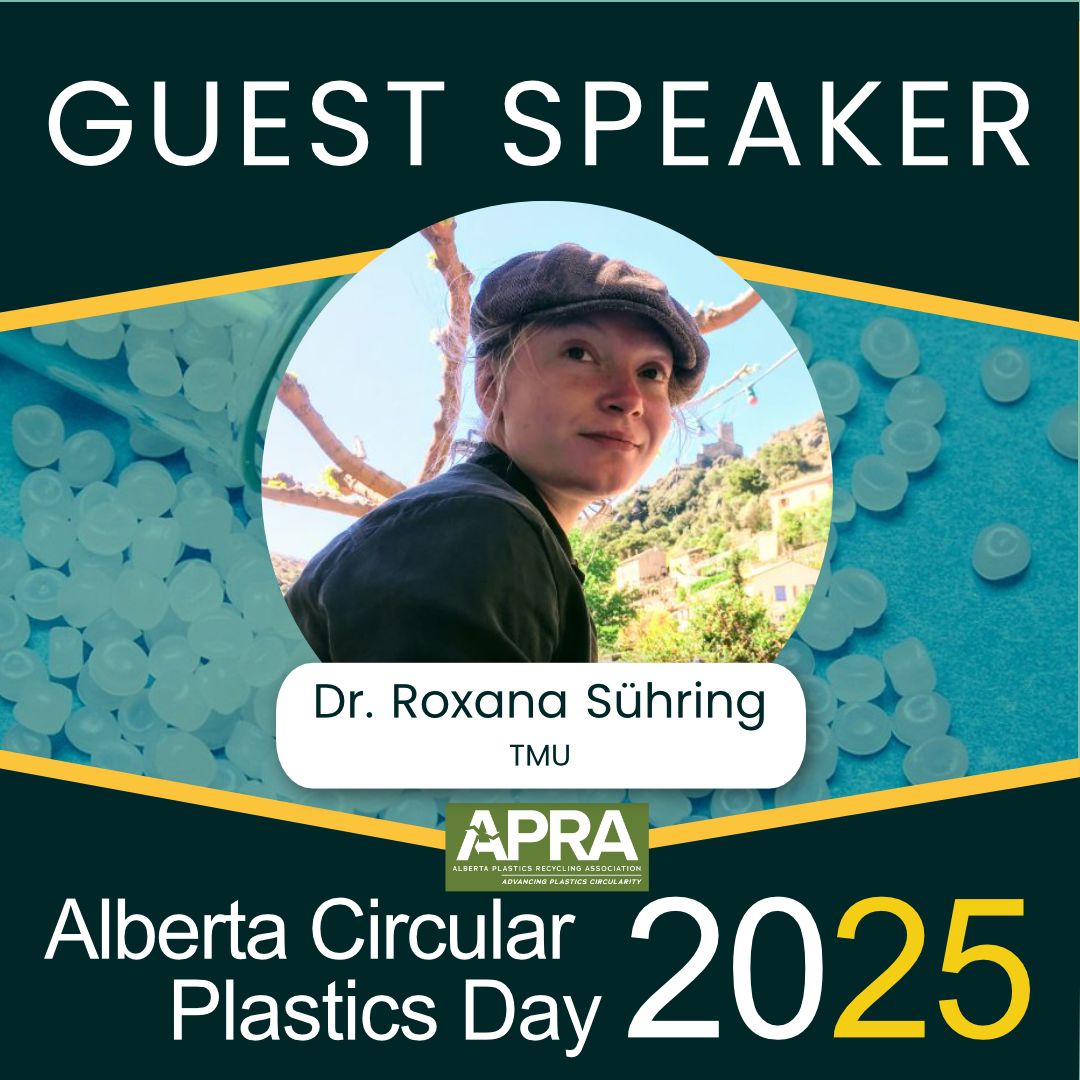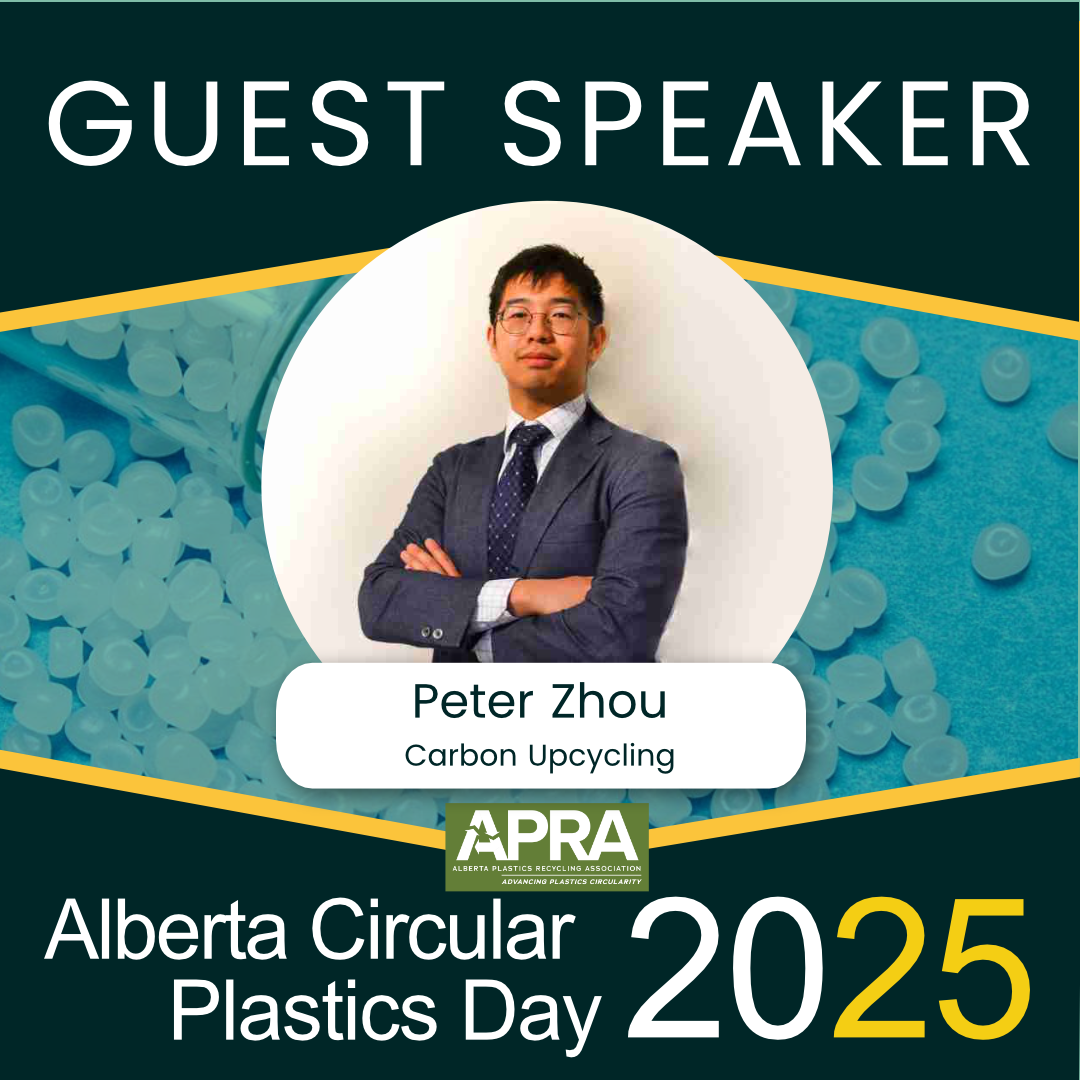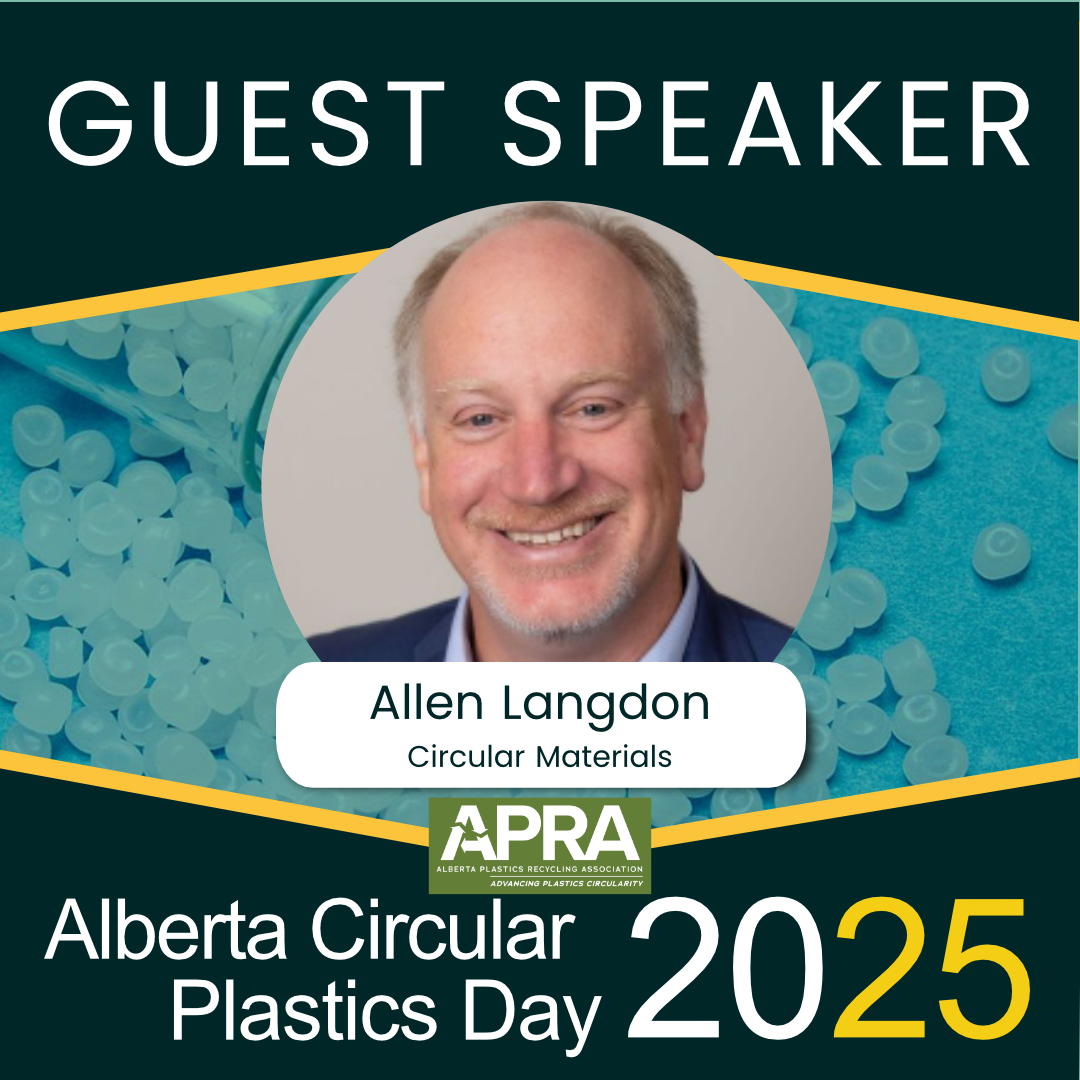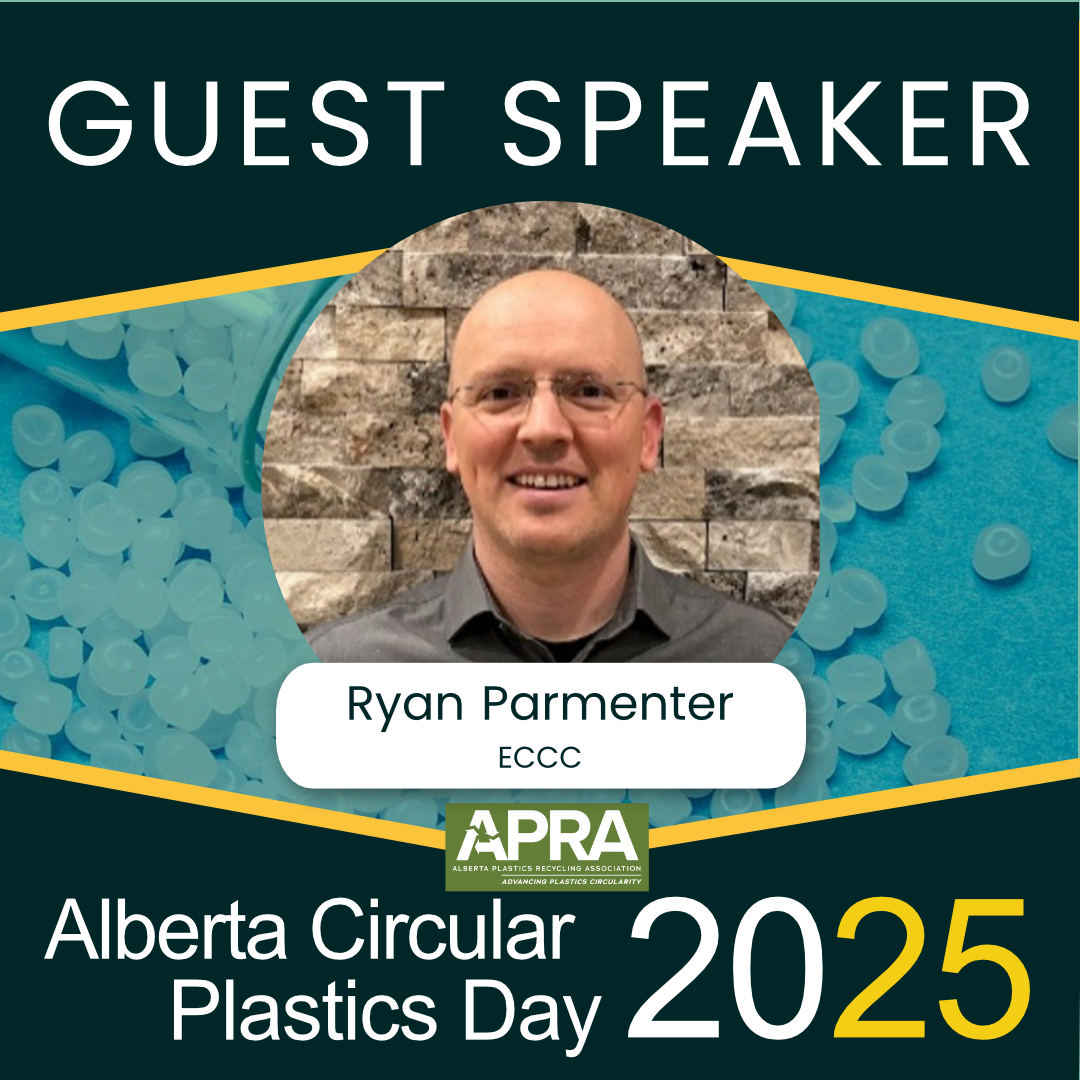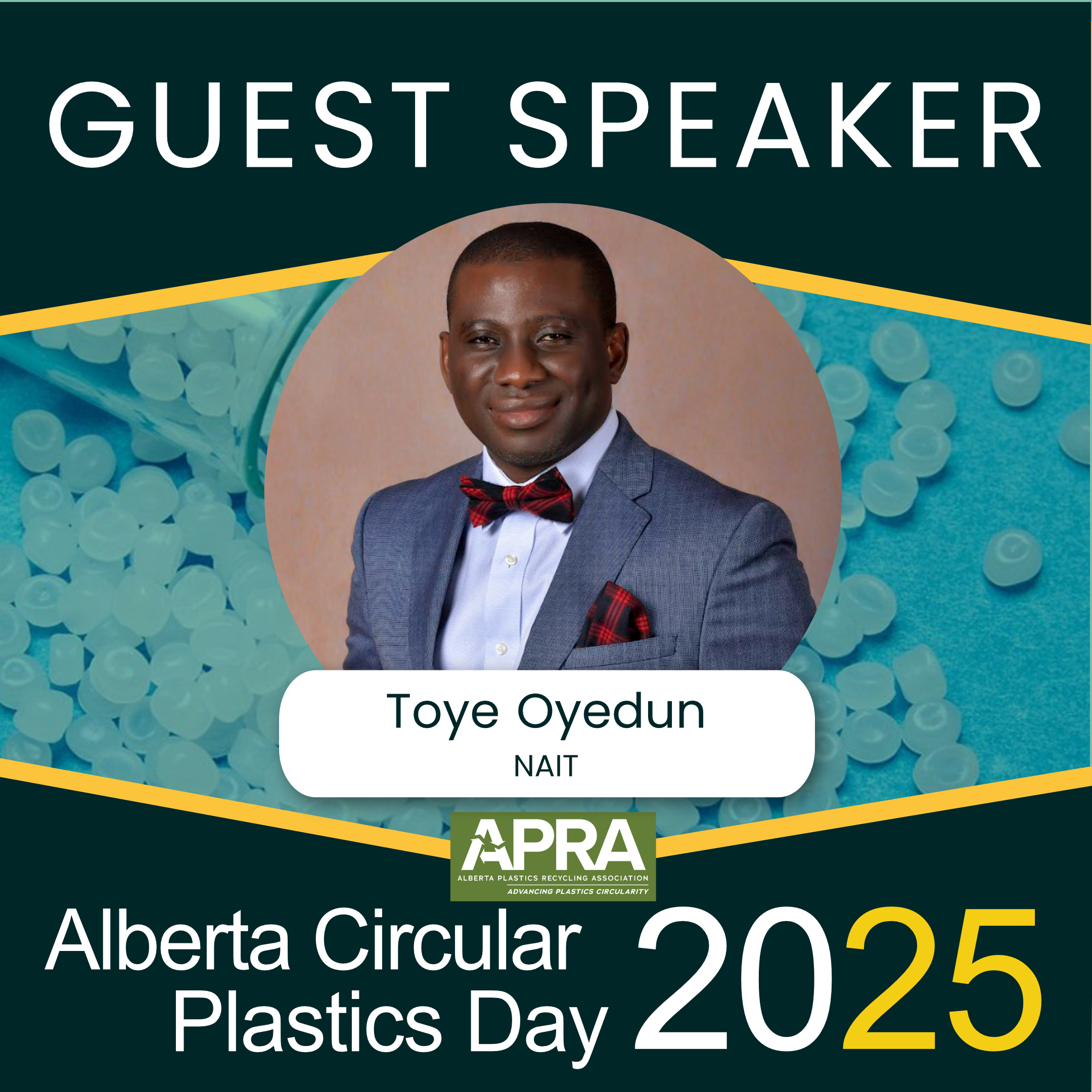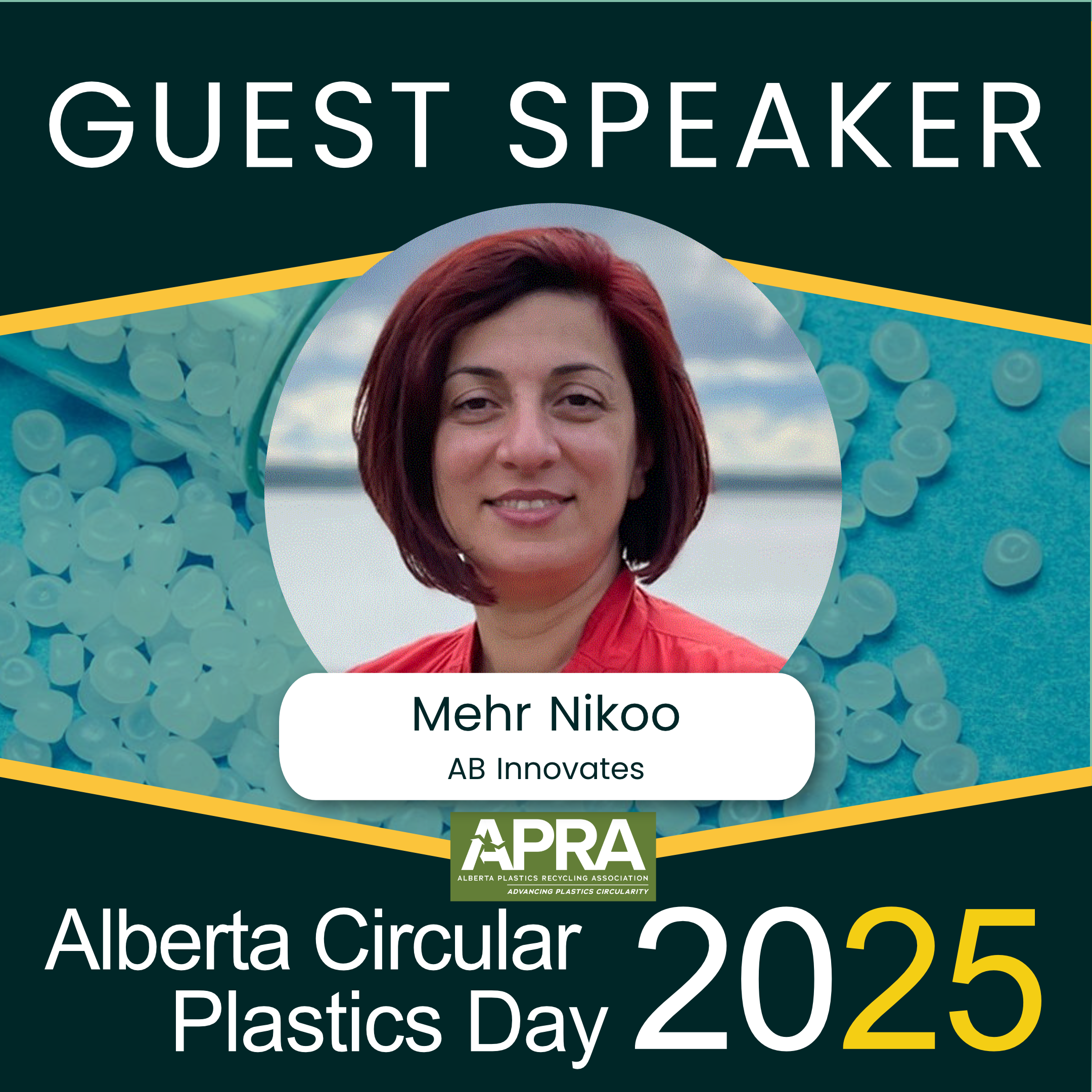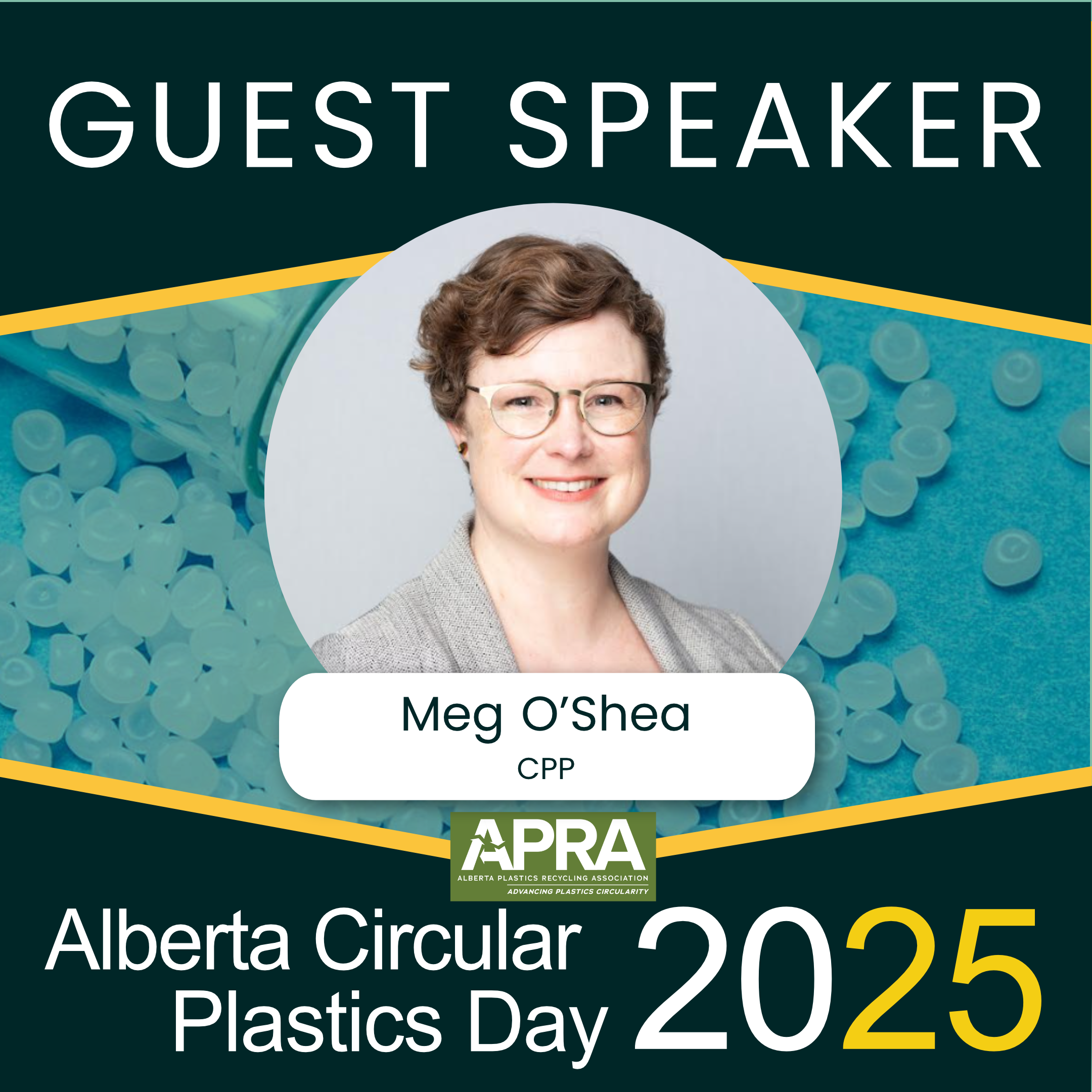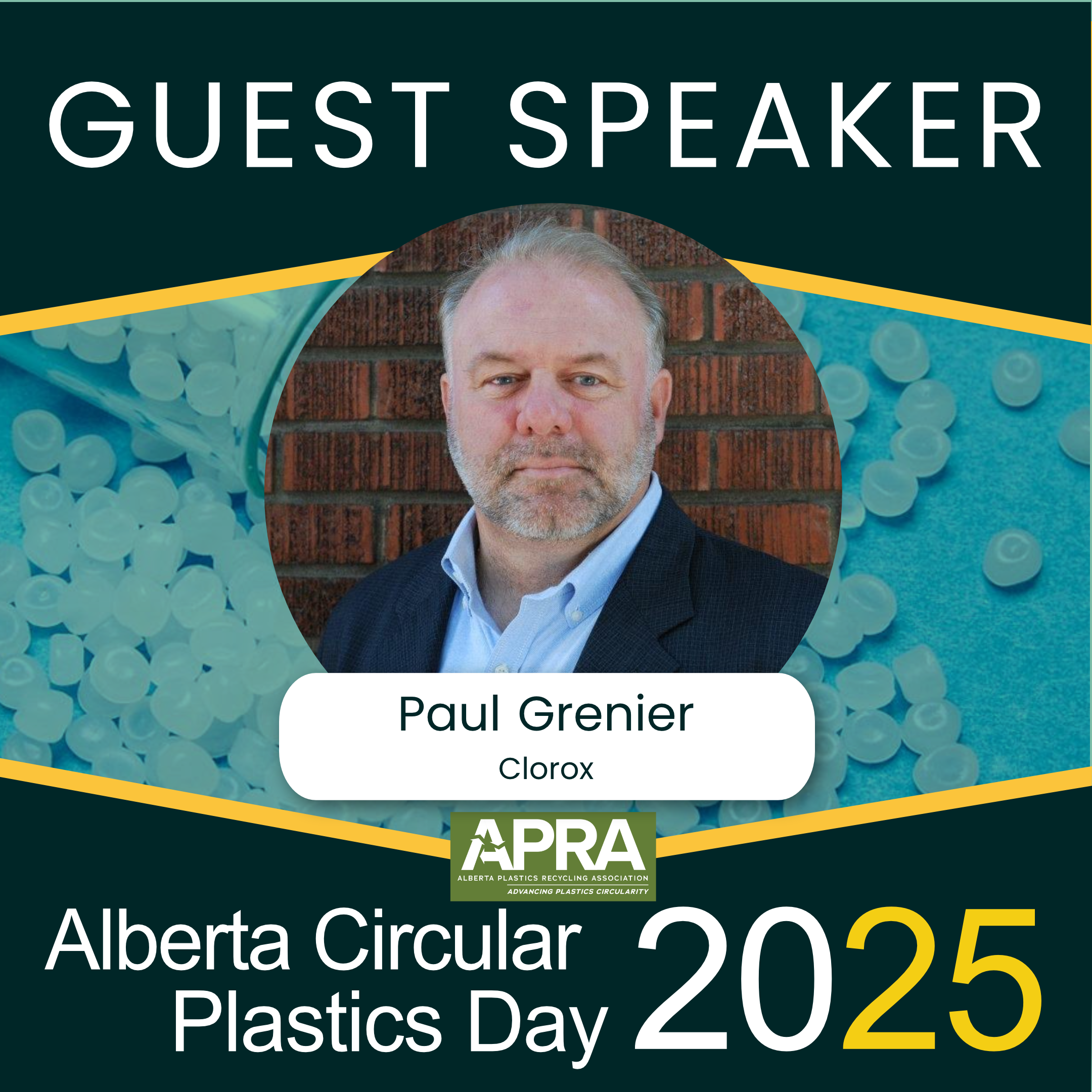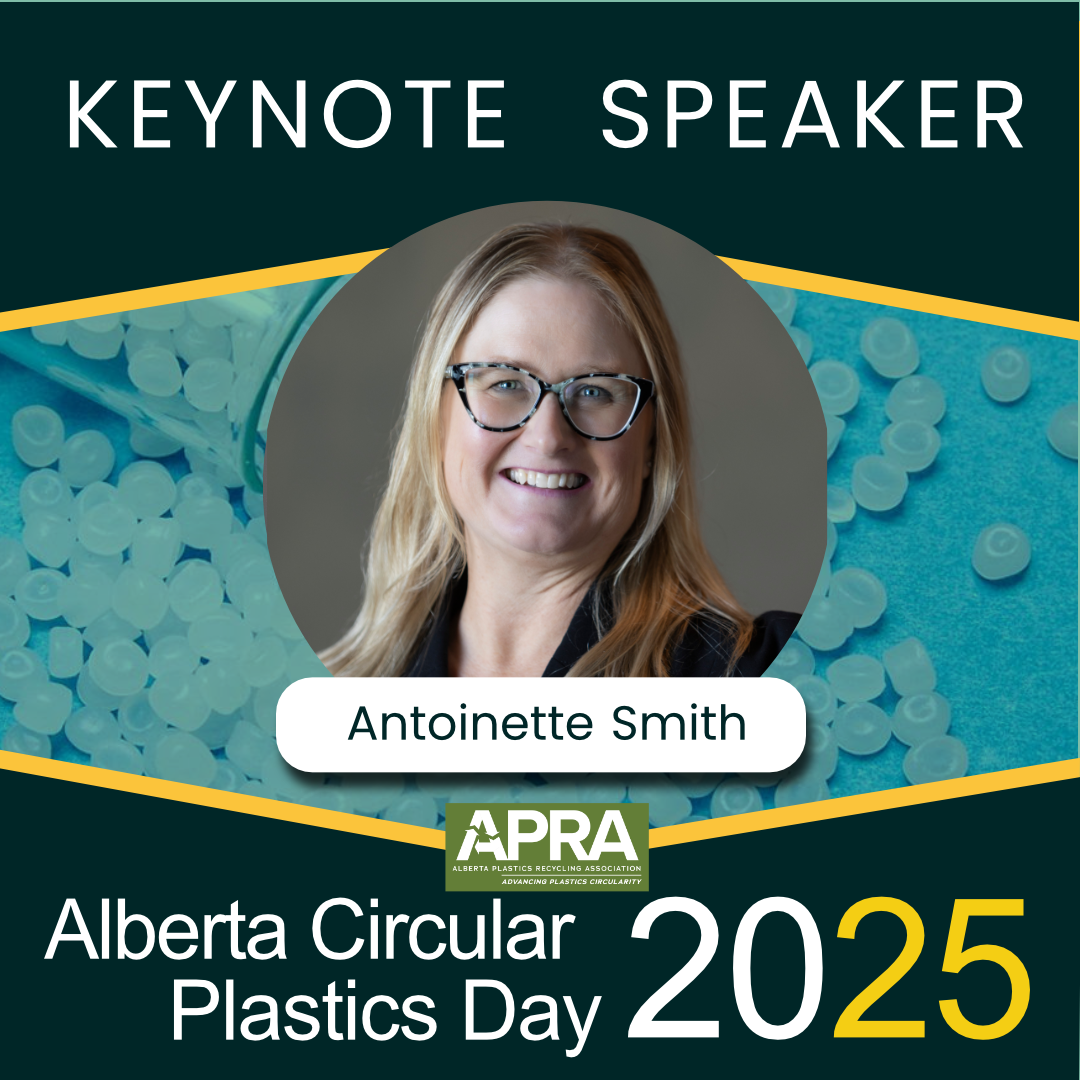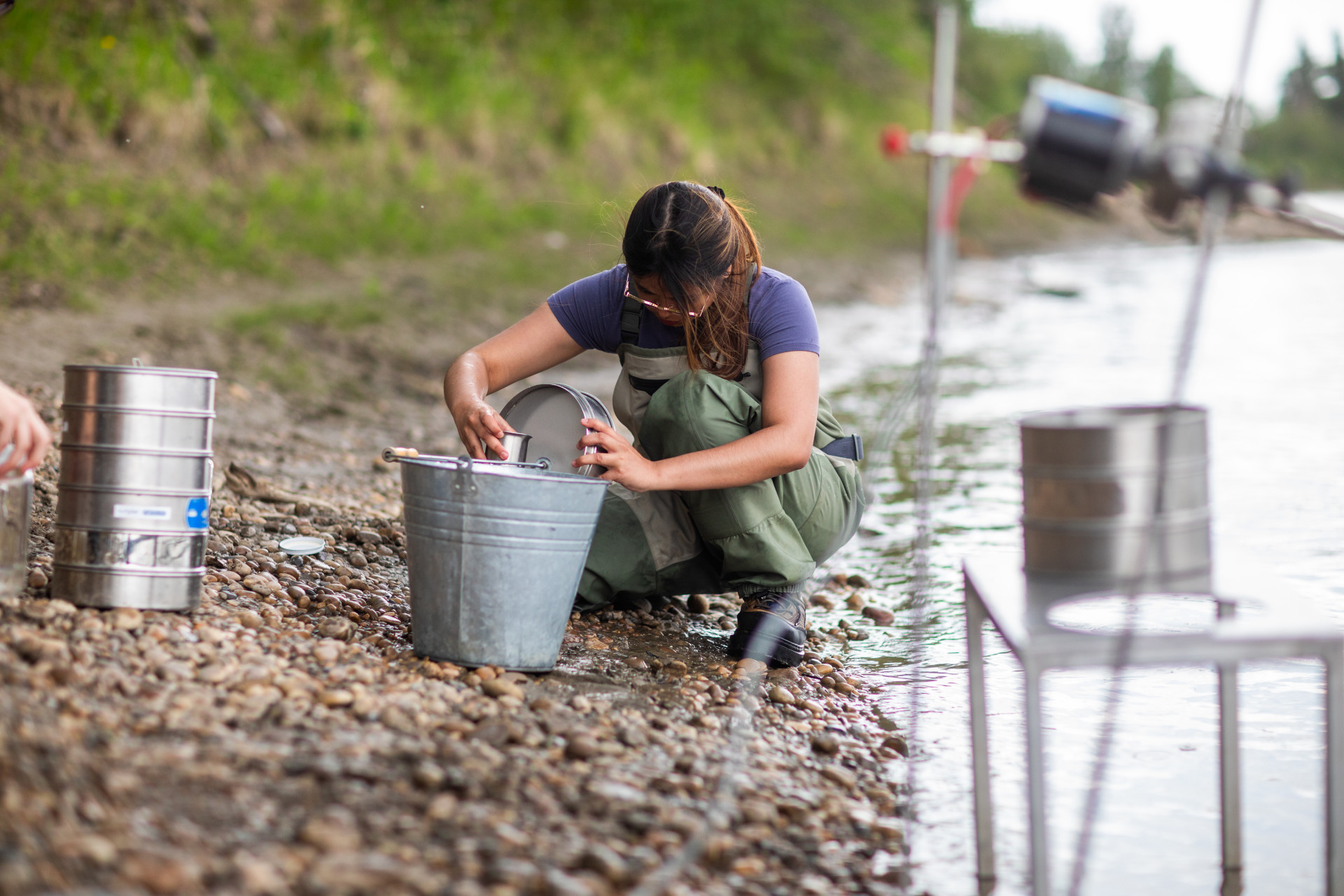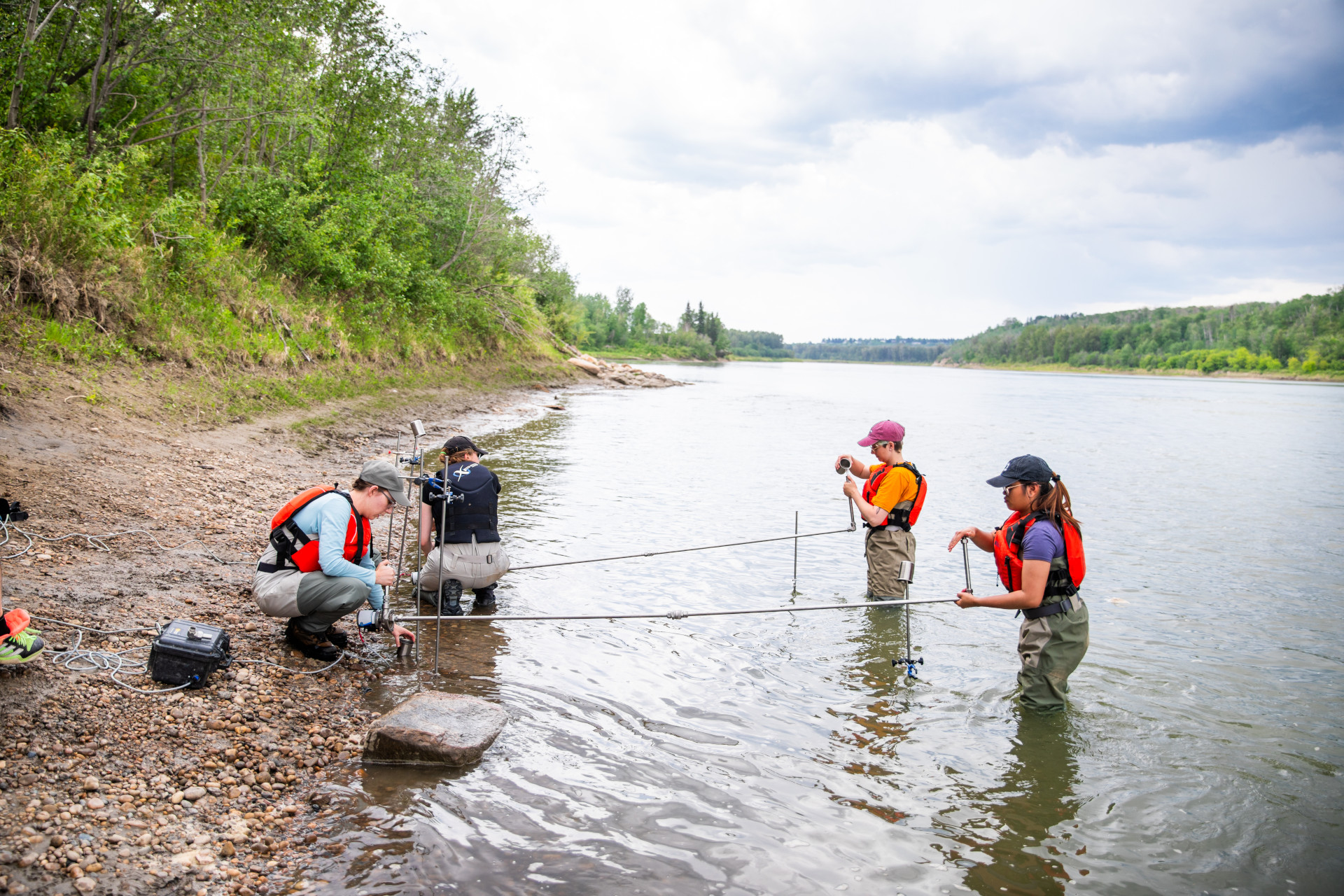
APRA will post monthly feature articles about our members to showcase their work to improve the circular economy. In September 2025, we connected with NAIT Applied Research to highlight its services and projects.
At the Northern Alberta Institute of Technology (NAIT), their applied research division is more than experimentation—it’s about solving the real environmental challenges that Alberta’s industries and communities face. Guided by a mission to champion cleaner energy and environmental sustainability, NAIT is working with partners across the province to build practical, scalable solutions that support both the environment and the economy.

Partnering for Impact
Every plastics research project at NAIT is designed with collaboration at its core. By working closely with industry and end-users, researchers ensure that solutions address pressing challenges such as waste reduction and the development of circular economies.
“At NAIT Applied Research, we are committed to working with industry leaders to develop environmentally responsible, economically viable plastics technologies,” from Dr. Xiaohua Kong, the Applied Research Chair for the Clean Technologies Team at NAIT.
This work includes everything from physical testing and analytical characterization to creating entirely new materials. By incorporating post-consumer recycled plastics into polymers, NAIT is developing materials that retain or even enhance the properties required for a wide range of applications. Researchers are also improving recycling methods by finding better ways to separate materials and manage contaminants—key steps in building a more circular plastics economy.
Engaging Alberta Communities
NAIT’s applied research isn’t confined to the lab—it reaches out to partner with local and provincial communities to build trust and engage key personnel to support their mission. These partnerships focus on addressing Alberta-specific challenges in cleaner energy and environmental sustainability, while promoting economic growth.
For Indigenous communities in particular, NAIT provides in-demand training and work-integrated learning opportunities. These collaborations ensure that solutions are not only practical but also directly relevant to community priorities, unlocking new economic opportunities and advancing environmental stewardship.
Building Connections Through APRA
Membership in the Alberta Plastics Recycling Association (APRA) is another vital link between NAIT and industry. The network offers direct insight into emerging needs, challenges, and opportunities in the plastics value chain.
“We value being an APRA member as it enables us to turn our research into real-world solutions by enhancing our connection and engagement with industry stakeholders. APRA provides a collaborative platform to showcase our innovations, driving environmental sustainability and plastics-circularity forward,” notes Dr. Xiaohua Kong.
Through expert panels, presentations, and forums, NAIT’s applied research team shares its expertise while learning from the businesses and organizations shaping Alberta’s plastics future.

Looking Ahead
NAIT’s plastics research focus is guided by one principle: partner success is NAIT’s success. That means being flexible and responsive to industry needs, whether it involves advancing recycling technologies, creating new materials, or improving manufacturing processes.
What is equally important is NAIT’s role in training the next generation of scientists and technologists. Students gain hands-on experience through applied research and industry projects, preparing them to make direct contributions to Alberta’s evolving plastics sector.
“NAIT’s future work on plastics will continue to emphasize practical, scalable solutions to reduce waste, valorize recycled materials, and support Alberta’s plastics sector and related industries in meeting evolving sustainability and circulatory goals, “says Dr. Xiaohua Kong.

Opportunities and Challenges Ahead
Alberta’s history of resource innovation positions it as a leader in plastics circularity. But while opportunities abound, the path forward isn’t without obstacles. Regulatory inconsistency, market pressures, technical limitations, and the need for public engagement all stand in the way of a fully circular plastics system.
NAIT views these not as roadblocks, but as opportunities for problem-solving and collaboration. By combining applied research expertise with industry insight and government support, NAIT aims to turn challenges into catalysts for innovation.
As Alberta continues to build a cleaner, more sustainable future, NAIT remains at the forefront—bridging research, industry, and community to transform the way plastics are created, used, and reused.



